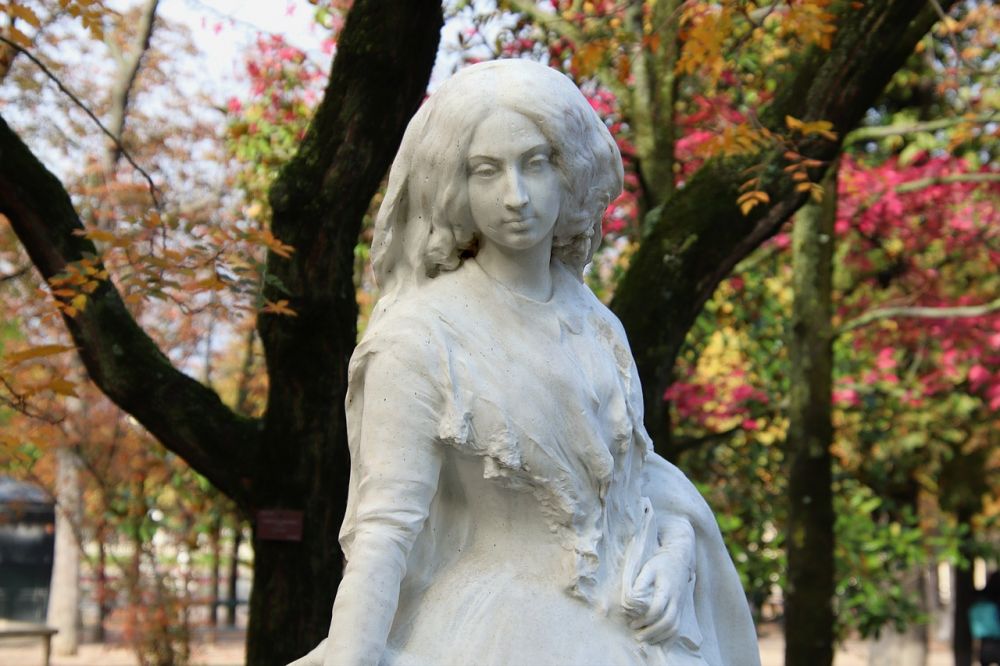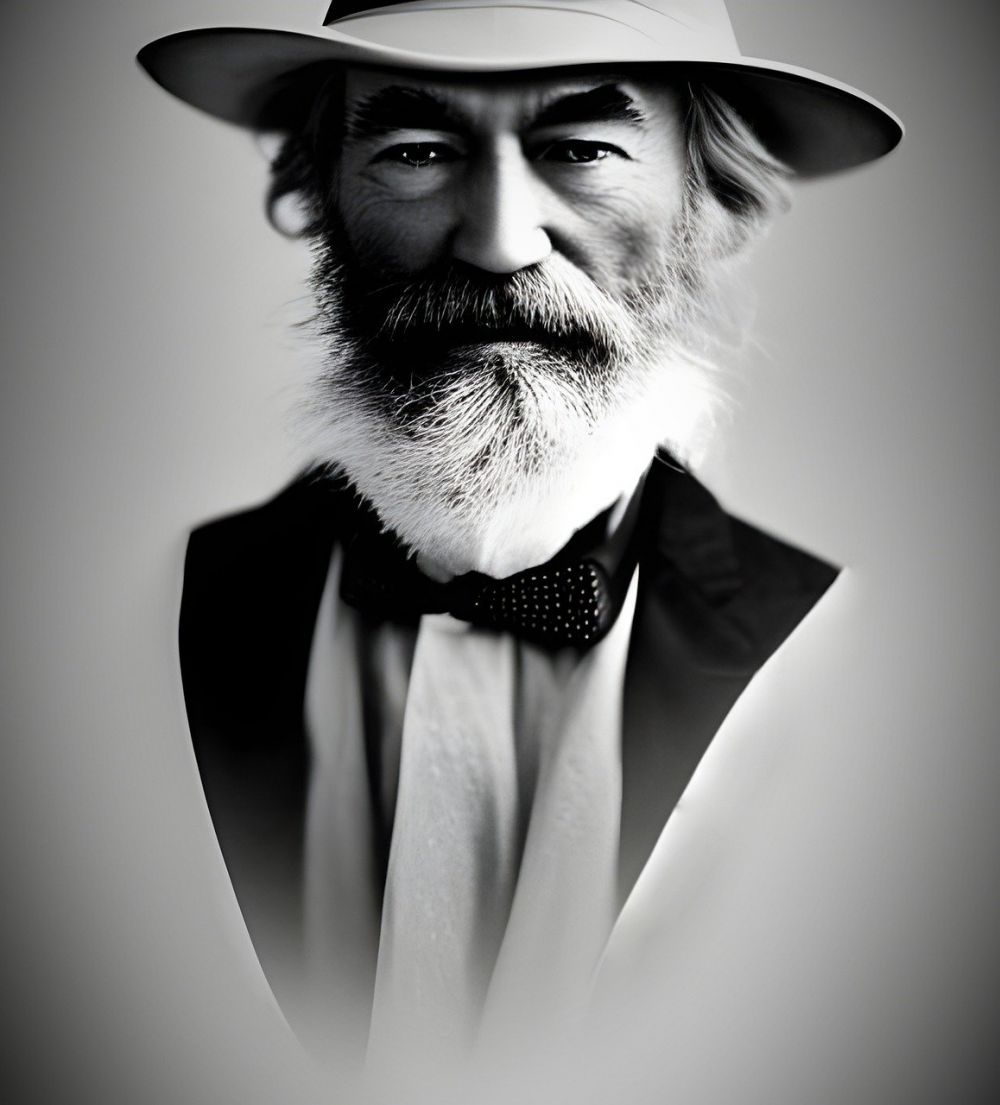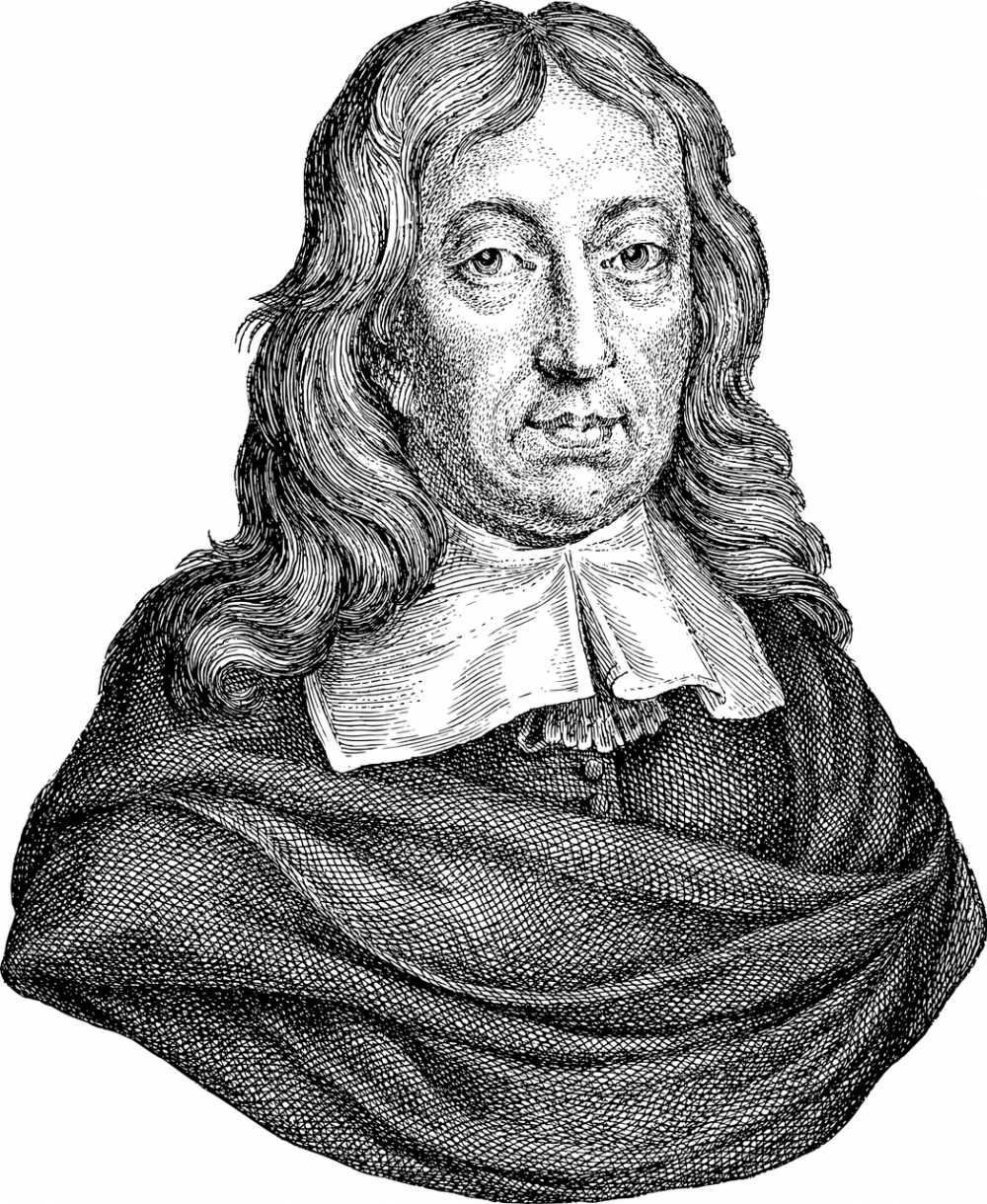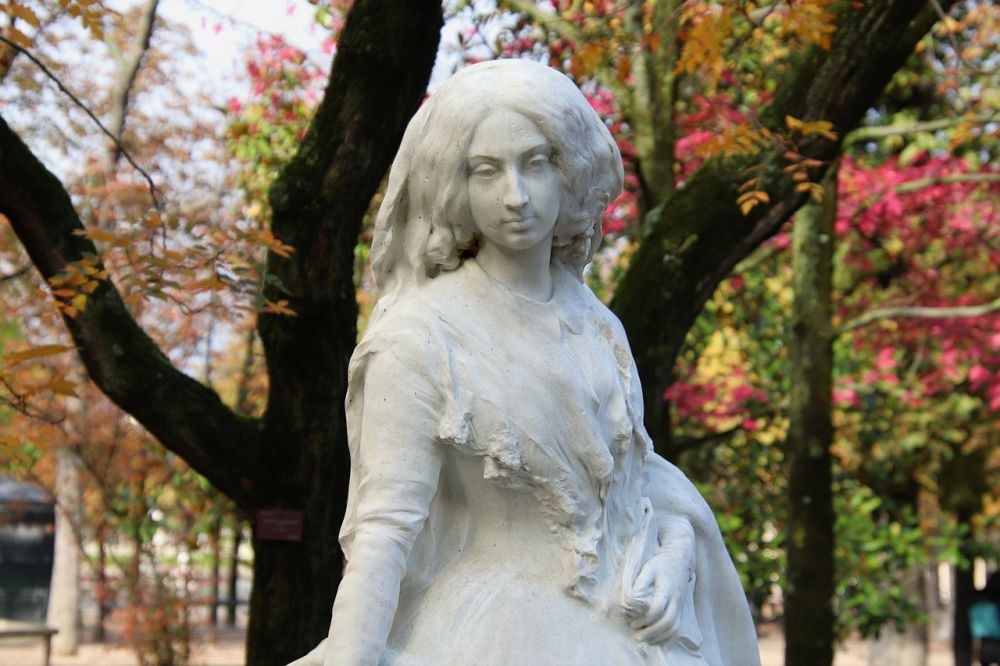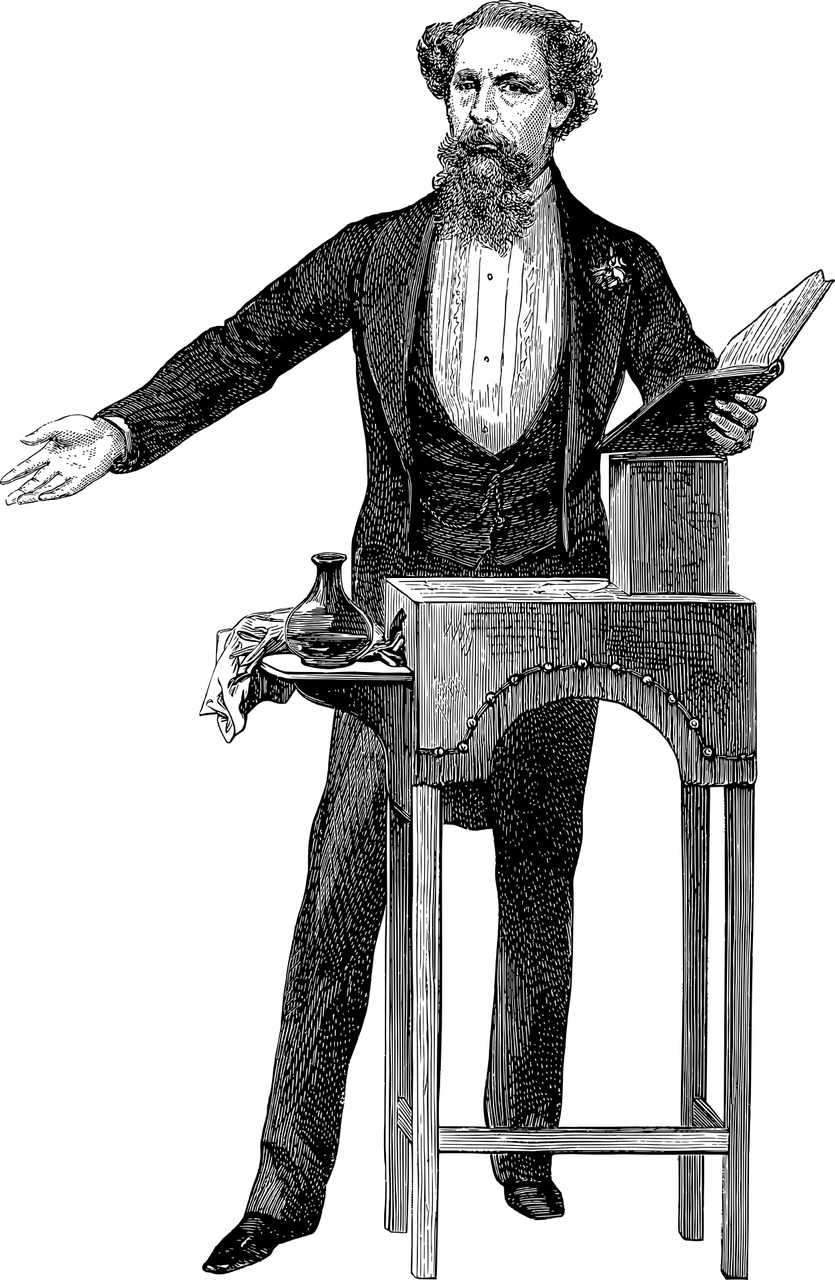Homers Iliad: A Timeless Epic of Heroism and Tragedy
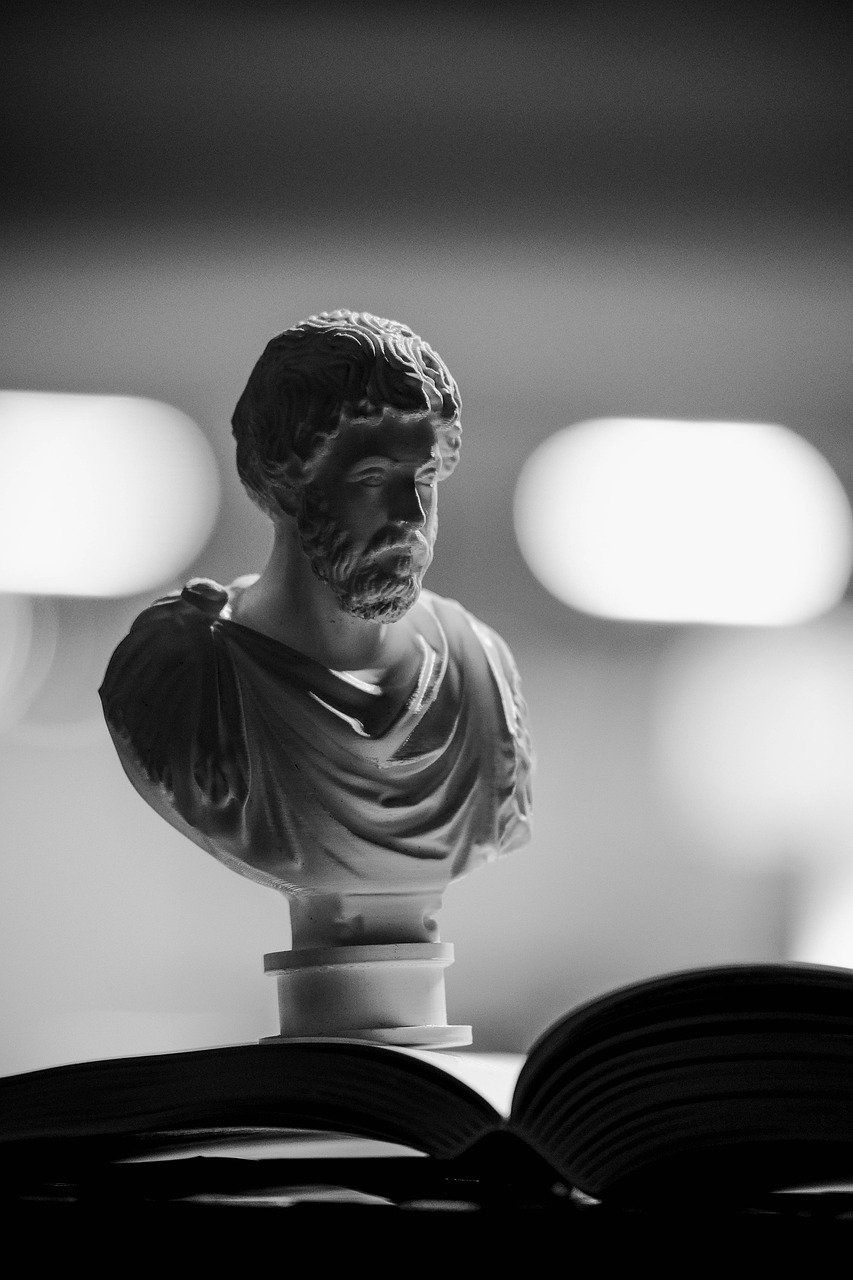
Introduction:
Welcome to the captivating world of Homer’s “Iliad,” an ancient Greek epic poem that has enthralled readers for centuries. This article aims to provide a comprehensive overview of the poem’s significance and evolution over time, catering to those with a general interest in this remarkable piece of literature.
Understanding “Homer’s Iliad”:
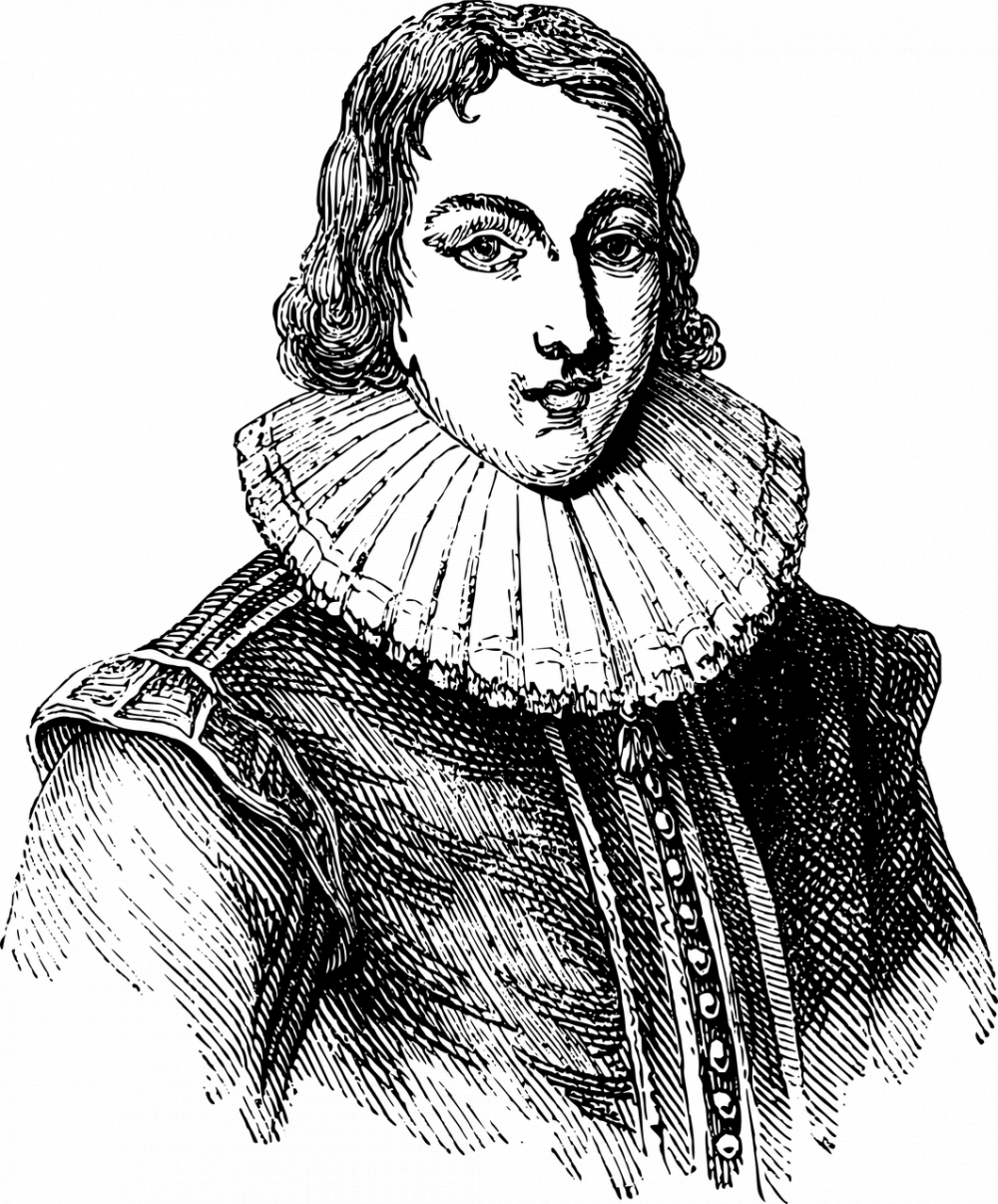
Dating back to the 8th century BC, “Iliad” is one of the oldest surviving works of Western literature. Composed by the legendary poet Homer, this epic poem narrates the events of the Trojan War, a conflict between the Greeks and the Trojans. At its core, the “Iliad” explores timeless human themes such as heroism, honor, fate, and the consequences of war.
The story revolves around the wrath of Achilles, the greatest warrior of the Greek army. When his honor is challenged by the Greek commander Agamemnon, Achilles withdraws from the battle, resulting in a series of tragic events for both sides. Throughout the poem, Homer skillfully weaves together intense battle scenes, divine intervention, and intricate character development, creating a tapestry of emotions that engage and captivate readers.
Historical Evolution of “Homer’s Iliad”:
Over the centuries, “Iliad” has undergone significant transformations and adaptations. Originally an oral poem, it was recited and performed by traveling bards, known as rhapsodes. These storytellers played a crucial role in preserving and spreading the epic throughout ancient Greece.
The first written version of the poem appeared around the 8th century BC, but it was not until centuries later, during the Hellenistic period, that it gained wider recognition. Scholars like Zenodotus of Ephesus and Aristarchus of Samothrace meticulously edited and annotated the “Iliad,” further enhancing its literary and cultural significance.
In the Middle Ages, the “Iliad” fell into obscurity due to the decline of Greek literature. However, during the Renaissance, the revival of classical knowledge led to a renewed interest in Homer’s works. Translations and interpretations emerged, making “Iliad” accessible to a wider audience.
In the modern era, the “Iliad” has inspired countless adaptations and retellings across various mediums. From paintings and sculptures to operas and films, artists have been drawn to the epic’s grandeur and timeless themes. Notable adaptations include Wolfgang Petersen’s 2004 film “Troy” and Christopher Logue’s poetic reinterpretation “War Music.”
Structure and Formatting for Featured Snippet:
To enhance the likelihood of this article being featured as a snippet on a Google search, the following structure and formatting can be used:
1. Introduction
2. Heading 1 (): “Homer’s Iliad: A Timeless Epic of Heroism and Tragedy”
3. Overview of “Homer’s Iliad”
– Bulletpoints highlighting key themes and characters
4. Historical Evolution of “Iliad”
– Bulletpoints on the poem’s oral tradition, written versions, and its revival in the Renaissance
5. Impact and Adaptations of the “Iliad”
– Bulletpoints featuring notable adaptations across various art forms
6. Conclusion
(Insert video here)
Target Audience and Tone:
This article’s target audience is art lovers and collectors with an interest in exploring the cultural and historical significance of “Homer’s Iliad.” The tone of the article will be informative, aiming to provide a deeper understanding of the poem’s themes, evolution, and impact on various artistic mediums.
In conclusion, “Homer’s Iliad” stands as a testament to the enduring power of storytelling. Its exploration of human nature, valor, and the consequences of war continues to resonate with audiences worldwide. As we delve into its pages, we are transported to a world where gods and mortals clash, forever leaving their indelible mark on the annals of literature and art.
